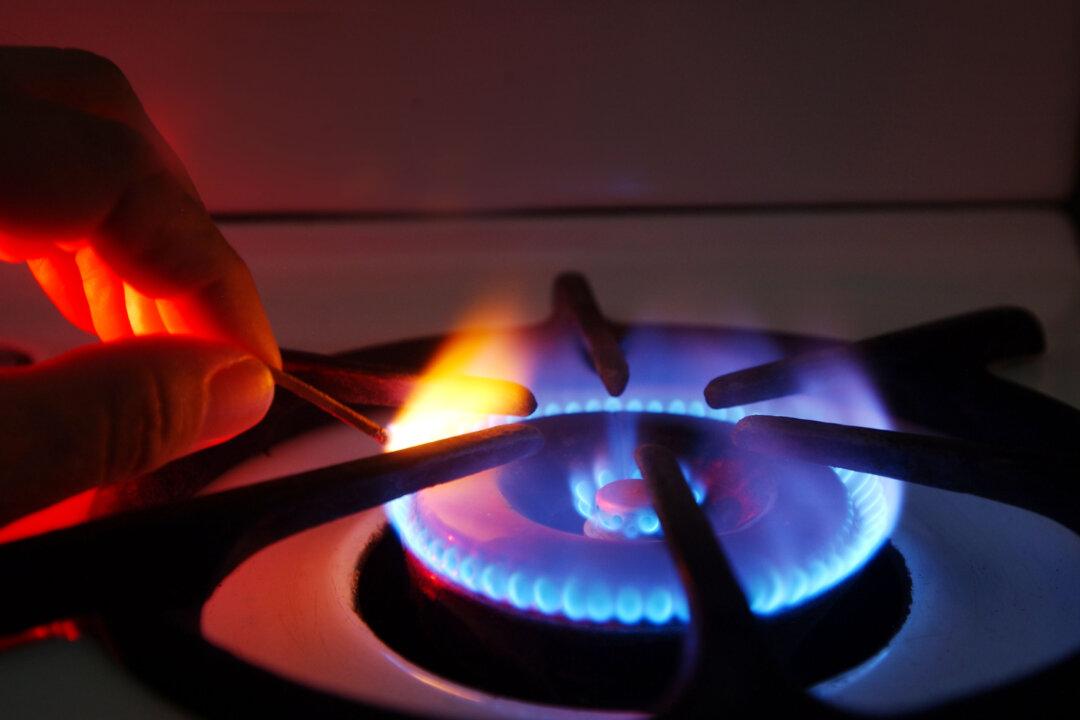The Biden administration is facing legal action over regulations that clamp down on home furnaces powered by fossil fuels, with a natural gas industry group alleging that the new rules saddle American families with increased costs but have no meaningful benefit for the environment.
The American Gas Association (AGA) stated on Dec. 18 that it has filed a lawsuit against the Department of Energy’s (DOE) new energy conservation standard for residential furnaces, accusing the Biden administration of adopting rules that make traditional, non-condensing natural gas furnaces unavailable to most Americans.





